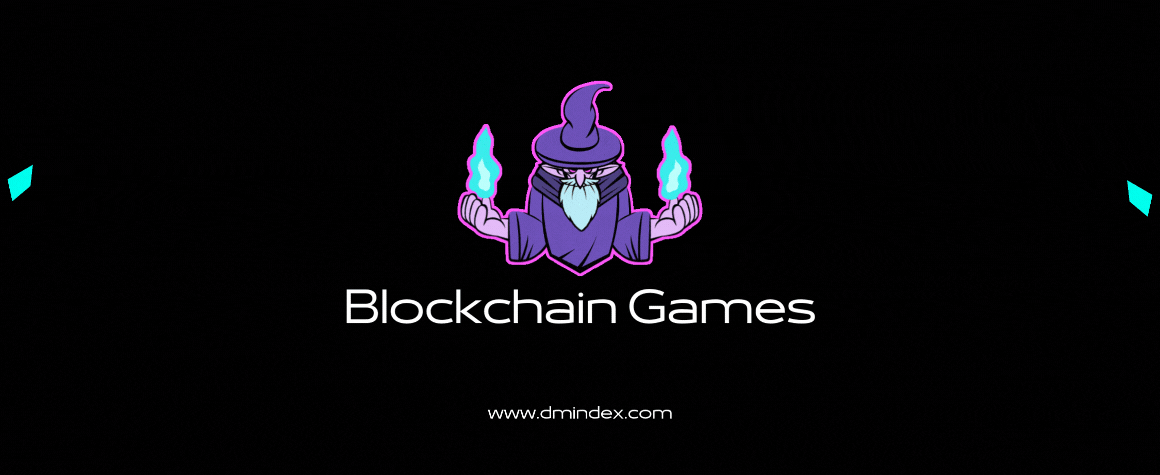
The intersection of blockchain technology and gaming has the potential to revolutionize how we approach traffic management. By leveraging the decentralized nature of blockchain, innovative solutions can emerge that enhance traffic flow, improve safety, and even incentivize eco-friendly driving behaviors.
Key Concepts & Potential Applications:
Decentralized Traffic Data: Blockchain can create a secure and transparent platform for collecting and sharing real-time traffic data. Smart contracts can automate data collection from various sources (vehicles, sensors, drones) and ensure data integrity.
Gamified Incentives:
Reward Programs: Players can earn cryptocurrency or in-game rewards for adhering to traffic rules, carpooling, using public transport, or driving efficiently (e.g., minimizing idling, smooth acceleration).
Challenges & Competitions: Engage players in friendly competitions to improve their driving scores, reduce fuel consumption, or minimize their carbon footprint.
Traffic Prediction Games:
Encourage citizen science by allowing players to predict traffic patterns and earn rewards for accurate predictions.
Smart Contracts for Road Usage:
Dynamic Pricing: Implement dynamic pricing for road usage during peak hours, incentivizing drivers to shift travel times and reduce congestion.
Priority Lanes: Allocate priority lanes for electric vehicles or vehicles with low emissions, rewarding eco-conscious drivers.
Decentralized Ride-Sharing Platforms:
airer Compensation: Blockchain can ensure fair compensation for ride-sharing drivers by eliminating intermediaries and reducing transaction fees.
Increased Transparency: Enhance trust and transparency within the ride-sharing ecosystem by recording all transactions and driver ratings on the blockchain.
Benefits of Blockchain Games for Traffic:
Improved Traffic Flow:
By incentivizing efficient driving behavior and providing real-time traffic information, blockchain games can significantly improve traffic flow and reduce congestion.
Enhanced Road Safety:
Gamified incentives can encourage safer driving habits, such as maintaining a safe distance, avoiding distractions, and adhering to speed limits.
Reduced Environmental Impact:
By promoting eco-friendly driving practices and incentivizing the use of public transport, blockchain games can contribute to a reduction in carbon emissions and air pollution.
Increased Citizen Engagement:
By actively involving citizens in traffic management, blockchain games can foster a sense of community ownership and responsibility for road safety.
Challenges and Considerations:
Data Privacy:
Ensuring the privacy and security of user data is crucial.
Scalability:
Blockchain technology needs to be scalable to handle the high volume of data generated by traffic management systems.
Interoperability:
Ensuring seamless interoperability between different blockchain platforms and existing traffic infrastructure is essential.
Regulatory Framework:
Clear regulatory frameworks are needed to govern the use of blockchain technology in traffic management.
Conclusion
Blockchain games have the potential to revolutionize traffic management by offering innovative solutions that are efficient, transparent, and engaging. By leveraging the power of blockchain and game mechanics, we can create a more sustainable, efficient, and enjoyable transportation system for all.
